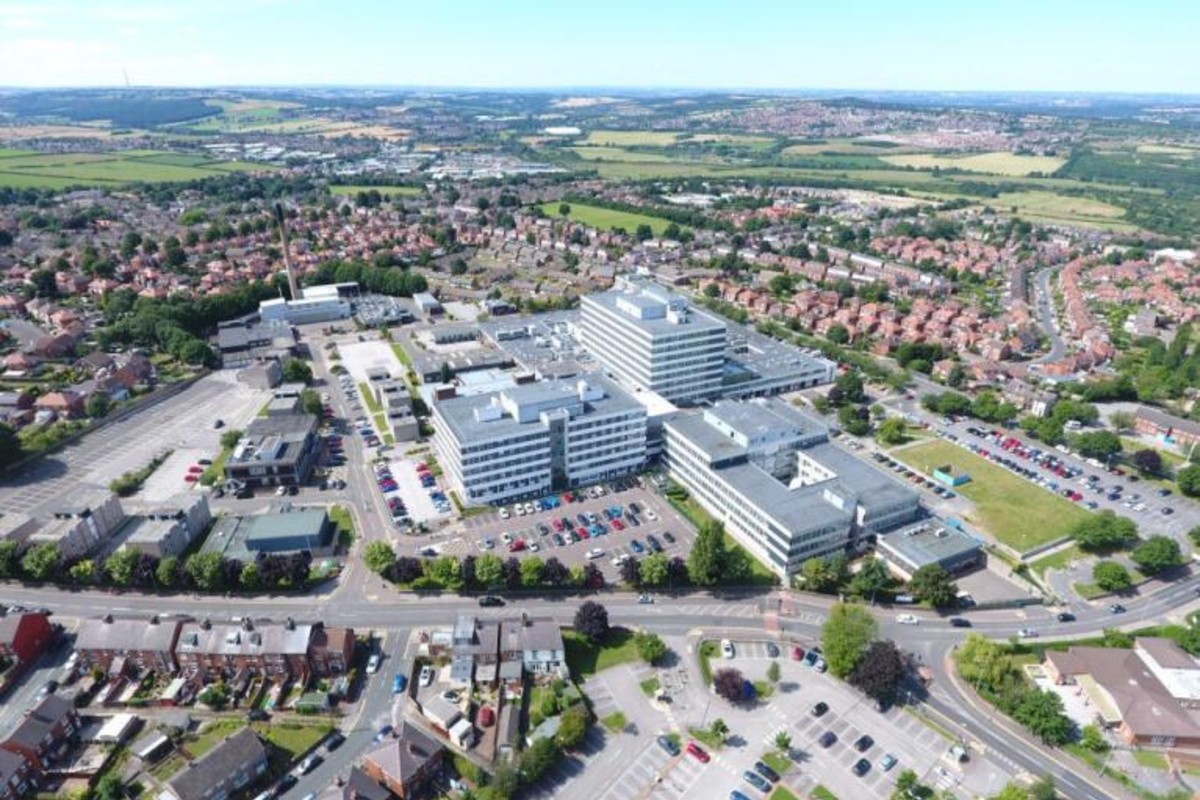Badenoch's statement came amid a five-day walk-out by resident doctors following its launch on Friday.
Posting on X, Badenoch said: ‘Some jobs are too vital to weaponise. That's why the police have been banned from striking for over a century. We cannot continue to put patients' lives at risk. Which is why under my leadership will ban doctors' strikes.'
Announcing the policy on GB News yesterday, Badenoch said the BMA was becoming ‘more militant' and was ‘out of control'.
‘We need that the public need someone to be firm,' she added.
‘So we will introduce minimum service levels for these vital services and we will also make sure we work in the national interest.'
The Conservatives leader said banning strikes would bring the UK into line with other nations such as Australia and Canada who have tighter controls on industrial action.
BMA chair of council, Dr Tom Dolphin, said: This is a desperate intervention from a Conservative Party that spent nearly 15 years failing the NHS - and is now trying to shift blame by attacking the rights of doctors. Threatening to ban strike action is not the right response for a modern democracy. Doctors aren't militants - they're professionals sounding the alarm about a health service in crisis. Silencing them won't fix the NHS. Listening to them might. Patients are having operations or appointments postponed every single day in the NHS due to understaffing and lack of beds, and undervaluing staff contributes to that.
‘Doctors have a human right to strike just like everyone else. If something is wrong, you don't ban the canary in a coalmine from singing. Striking is always the last resort and should never be used lightly, but fundamentally the right to strike should always be there. It's misleading to suggest this would bring the UK in line with other nations when countries like Australia, Greece, Italy, Portugal and France have not banned their doctors from striking.
‘The BMA and NHS England have in place an agreed national "derogations" process whereby hospitals can request to have specific striking doctors return to work in the event of an unforeseen emergency or mass casualty event. That process is there day and night throughout industrial action, and we remain ready to respond to any emergency requests. However, we need to be clear that the purpose of this agreement is not to facilitate the continued delivery of non-urgent care.'



